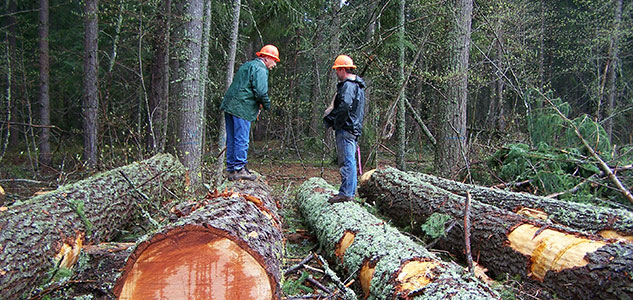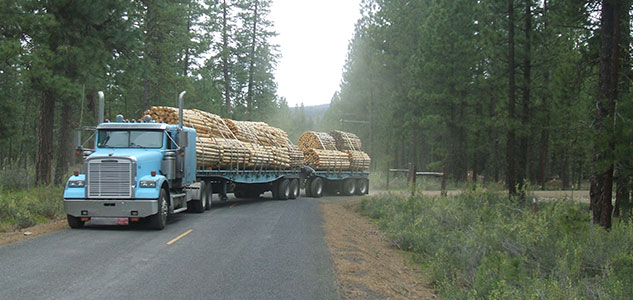Finding solutions to the fundamental challenges facing our local economies and communities.
The Challenge
Rural economies have faced fundamental changes and tremendous challenges in recent decades. And these changes have affected forest-dependent communities of the American West as much as any other region of the U.S. Liquidation of natural assets and the flight of younger generations have led to disparities between rural and metropolitan areas that are striking and wide-ranging—from average household earnings to infrastructure and access to technology.
It is our belief that economic development efforts intended to counter these trends have historically focused too little on asset-based approaches. Economic development dollars have favored projects that render little benefit for people already present in communities or tend to have few connections with the resources that brought about the initial establishment of our communities.
Our Approach
Our approach to economic development has been to assess our assets, our skills and interests, and our opportunities. We also look at what some refer to as economic “leakage” – dollars lost outside of our local economy – to help us identify where local economic growth might occur. Lastly, a triple bottom line approach governs any decision we make regarding pursuit of a project.
Natural resources, primarily forests, have been central to the communities of Mt. Adams Country. And given the millions of acres of public lands surrounding our communities in need of restoration and (wildfire/wildland) fuels reduction, opportunities for local contractors are shifting. By-products from such projects, often small-diameter logs, create opportunity for locally-based, “value-added” manufacturing if enough value can be added to the material for it to pay its way out of the woods.

Working toward a more accurate valuation of well-managed forest and agricultural land is also critical to promoting local, rural economies. A fair monetization of the contributions of forests and open space through values associated with carbon storage, water quality and quantity, and other ecosystem services is difficult yet essential to developing vibrant, local economies, while preserving the integrity of resource lands.
We Can’t Do This on Our Own
Of course, promoting local economies goes far beyond this. We continually look for the best ways to support tomorrow’s entrepreneurs and fulfill our vision of healthy landscapes and sustainable communities. Improving infrastructure, such as telecommunications, is no small task, yet something that we recognize as critical for our communities to better compete in the global marketplace. Ultimately, there is far more work here than we have resources to support, and thus tapping into networks is vital to pursuing our mission.

